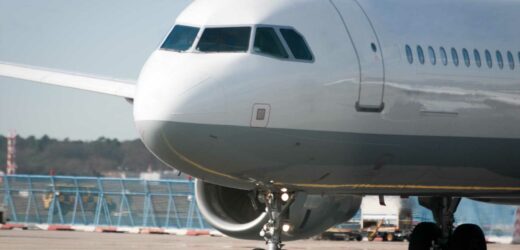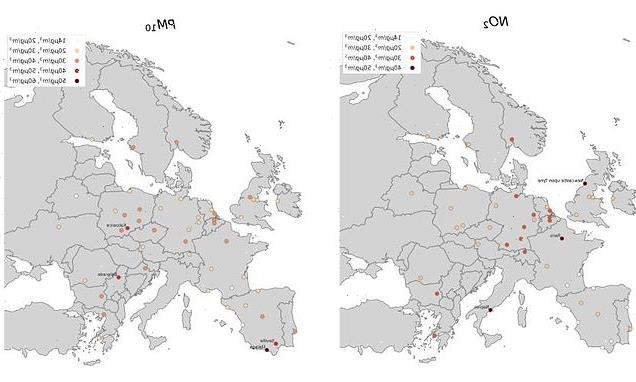A SUMMER heatwave is a welcome arrival for holidaymakers – but it might not be good news if you plan on flying.
A pilot has revealed that the hot weather can result in flights being cancelled in extreme cases.
All aircraft need 'lift' to be able to fly – this is when planes use the air pressure to stay up in the air, balancing the gravity force below, drag pull from the rear, and thrust force to propel the aircraft forward.
However, the air density becomes much thinner during extreme heat conditions, making it much harder for aircraft to take off or land.
This means that it's the temperature at both your destination and original location that can determine if your flight goes ahead or is cancelled.
Captain John Cox told USA Today: "There is a maximum temperature listed – if the temperature exceeds that reading, the flight cannot depart."
Read more flight news
The airline most likely to damage your luggage – and how to prevent it
Flybe restarts flights from the UK – two years after going bust
He continued: "At very high temperatures, the amount of payload an aircraft can carry can be limited.
"Offloading cargo and/or passengers is sometimes necessary as the hot air is not as dense, reducing available lift."
Thankfully, planes can work to high temperatures with it starting from around 43C.
However, in 2017, more than 40 flights were cancelled at Phoenix in Arizona after temperatures hit 48C.
Most read in Travel
TRAVEL MELTDOWN Brits should arrive at airports 'DAY EARLY to drop cases amid queue chaos'
Disney holiday warning – tourists turned away after easy park mistake
The airline most likely to damage your luggage – and how to prevent it
Tourists banned from splashing WATER in holiday hotspot and you could be jailed
Planes also need to tackle the issue of extreme heat having an impact on an aircraft's complex machinery.
In high heat temperatures, an onboard air conditioning system could break down, making for a very uncomfortable journey for passengers.
The most extreme negative effects of this would result in passengers being severely dehydrated or suffering from other heat-related illnesses.
Pilots also have to constantly keep an eye on the aircraft's engine and its temperature.
Regardless of extreme heat conditions, the take off part of any flight is when the engines are at their hottest and working at their maximum capacity to create more thrust and getting the aircraft in the sky.
Read More on The Sun
Downcast Gogglebox star Ellie seen for first time since boyfriend’s car crash
Burnley SACK Dyche in huge shock as they bid to avoid the drop with 8 games left
Plane delays are also more likely to happen in the summer – here is why.
And we've explained why you should never fly after midday during the holidays.
Add to this extreme heat conditions and lower air density, then the engines have to work even harder and at a risk of overheating.
Pilots work hard to track the temperature of the engines by calculating both the external and internal temperatures, and adjusting engine usage accordingly – however, this can impact speed and functionality of the engine.
Source: Read Full Article











